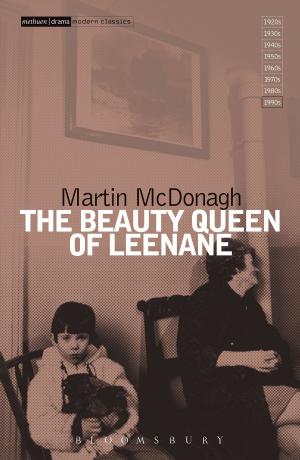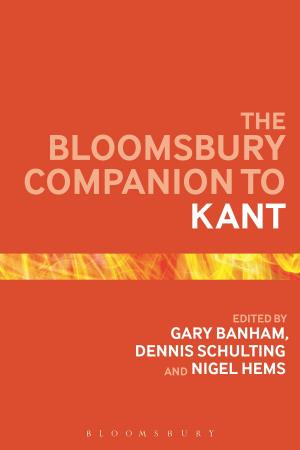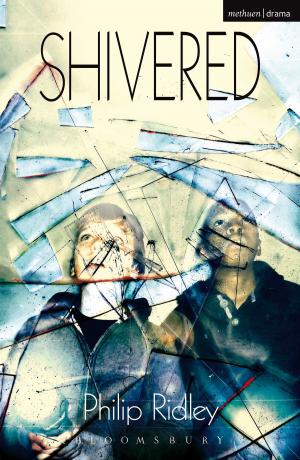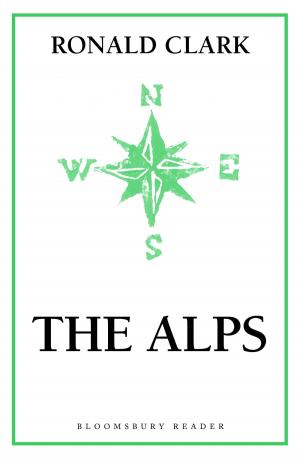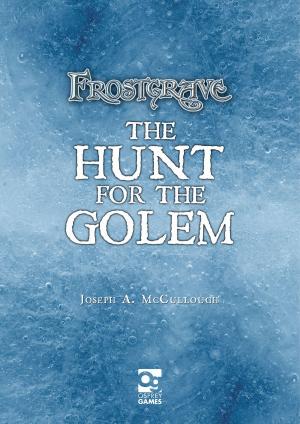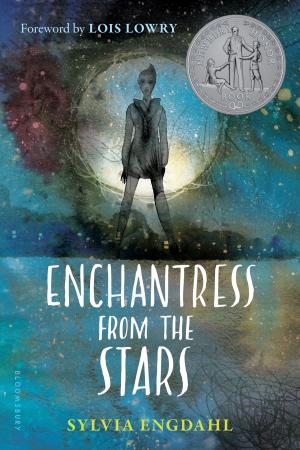Abject Spaces in American Cinema
Institutional Settings, Identity and Psychoanalysis in Film
Nonfiction, Art & Architecture, General Art, Art Technique, Entertainment, Film, Performing Arts| Author: | Frances Pheasant-Kelly | ISBN: | 9780857733672 |
| Publisher: | Bloomsbury Publishing | Publication: | May 21, 2013 |
| Imprint: | I.B. Tauris | Language: | English |
| Author: | Frances Pheasant-Kelly |
| ISBN: | 9780857733672 |
| Publisher: | Bloomsbury Publishing |
| Publication: | May 21, 2013 |
| Imprint: | I.B. Tauris |
| Language: | English |
American cinema abounds with films set in prisons, asylums, hospitals and other institutions. Rather than orderly places of recovery and rehabilitation, these institutional settings emerge as abject spaces of control and repression in which adult identity is threatened as a narrative impetus. Exploring the abject through issues as diverse as racism, mental illness or the preservation of bodies for organ donation, this book analyses a range of films including 'The Shawshank Redemption' (1994), 'Full Metal Jacket' (1987) and 'Girl, Interrupted' (1999) through to cult films such as 'Carrie' (1976) and 'Bubba Ho-tep' (2002). By analysing scenes of horror and disgust within the context of abject space, Frances Pheasant-Kelly reveals how threats to identity manifest in scenes of torture, horror and psychosexual repression and are resolved either though death or through traumatic re-entry into the outside world. This readable and engaging tour of the abject in the institution film will be immensely valuable to students of Film Studies, Critical Theory and Cultural Studies.
American cinema abounds with films set in prisons, asylums, hospitals and other institutions. Rather than orderly places of recovery and rehabilitation, these institutional settings emerge as abject spaces of control and repression in which adult identity is threatened as a narrative impetus. Exploring the abject through issues as diverse as racism, mental illness or the preservation of bodies for organ donation, this book analyses a range of films including 'The Shawshank Redemption' (1994), 'Full Metal Jacket' (1987) and 'Girl, Interrupted' (1999) through to cult films such as 'Carrie' (1976) and 'Bubba Ho-tep' (2002). By analysing scenes of horror and disgust within the context of abject space, Frances Pheasant-Kelly reveals how threats to identity manifest in scenes of torture, horror and psychosexual repression and are resolved either though death or through traumatic re-entry into the outside world. This readable and engaging tour of the abject in the institution film will be immensely valuable to students of Film Studies, Critical Theory and Cultural Studies.

